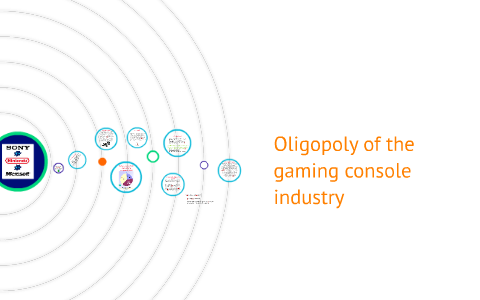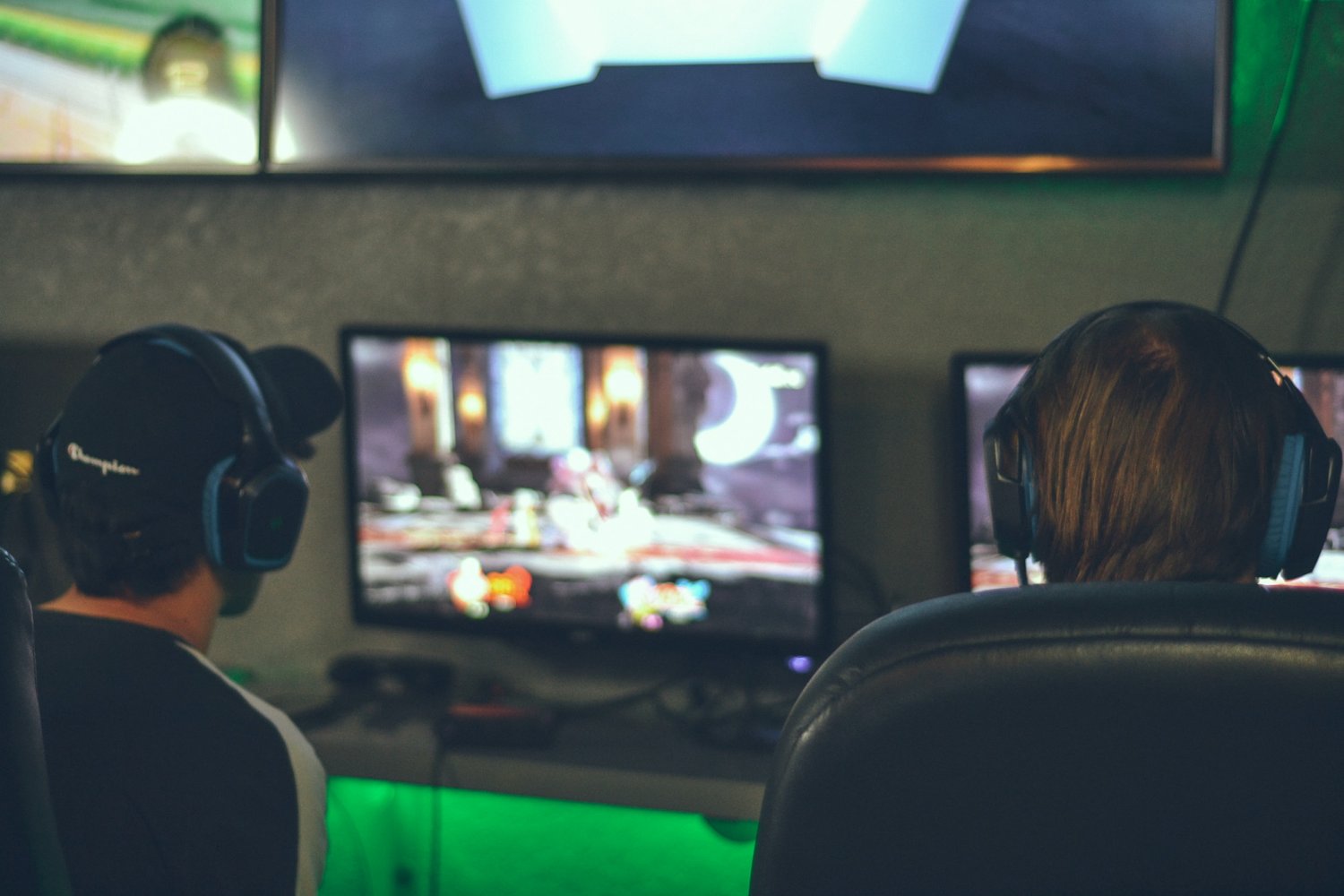- Platforms

Oligopoly of the gaming industry
As of September 30, 2013, the Wii has sold 100.30 million consoles worldwide - consistently outselling it's competing consoles. The price of the wii was only changed very late into it's commercial life. And Nintendo?... Barriers to entry There are indeed high barriers to entry in

Video Game Industry Turning into Oligopoly — The Pacifican
“The Tech Industry has seen radical shifts in the past few years, including this one. Facebook’s huge Meta announcement has caused rifts throughout the industry and competing companies have been quick and aggressive to respond. Microsoft has thrown its deep wallets into the ring with the surprising
I think this is a discussion worth having considering how competitive the landscape could be if the chief competitors weren't so anti-competitive.










